Low Fit Patients with Breast Cancer May Not Complete Chemotherapy
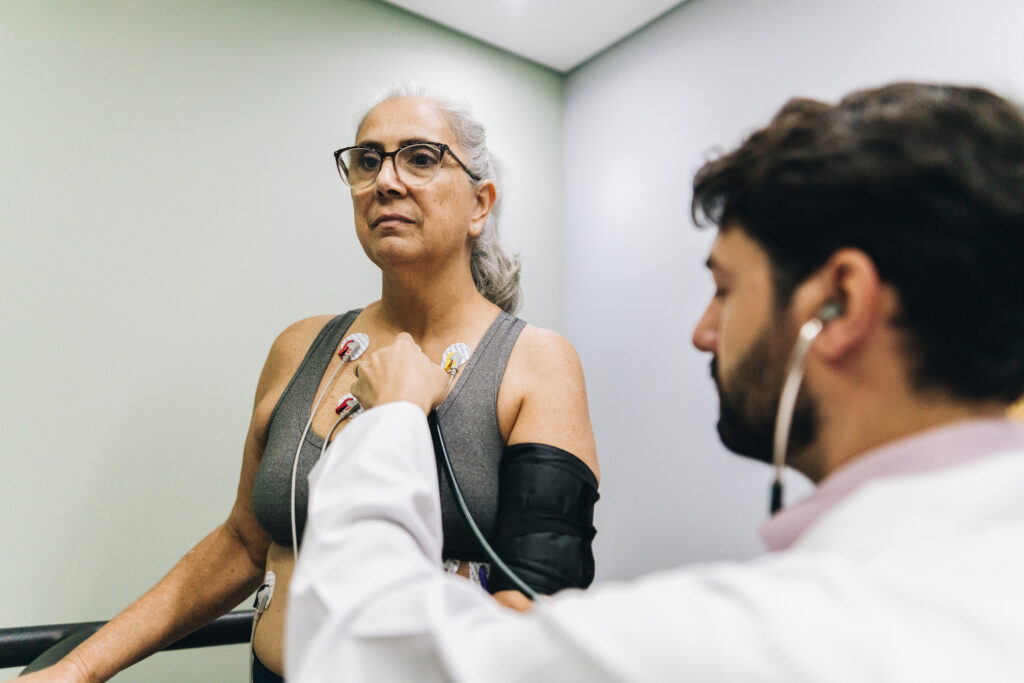
Several international guidelines and position statements have recommended that exercise should be embedded as standard practice in cancer care. The main argument for this has been symptom control, in particular for fatigue. Exercise during or after cancer treatment also improves quality of life, physical and role functioning, and reduces anxiety and depression. Following the 2018 […]
How ACSM-EPs and ACSM-CEPs Can Advance the Profession’s Recognition, Compensation

In March 2021, ACSM assembled a task force to determine how to streamline the reimbursement process for ACSM Certified Exercise Physiologists® (ACSM-EPs) and ACSM Certified Clinical Exercise Physiologists® (ACSM-CEPs). The consensus? Get ACSM EPs and CEPs recognized as qualified health care professionals, or QHPs. Well, what’s a QHP? According to the American Medical Association, a QHP is […]
Becoming an ACSM Certified Exercise Physiologist®: Who, Why and How
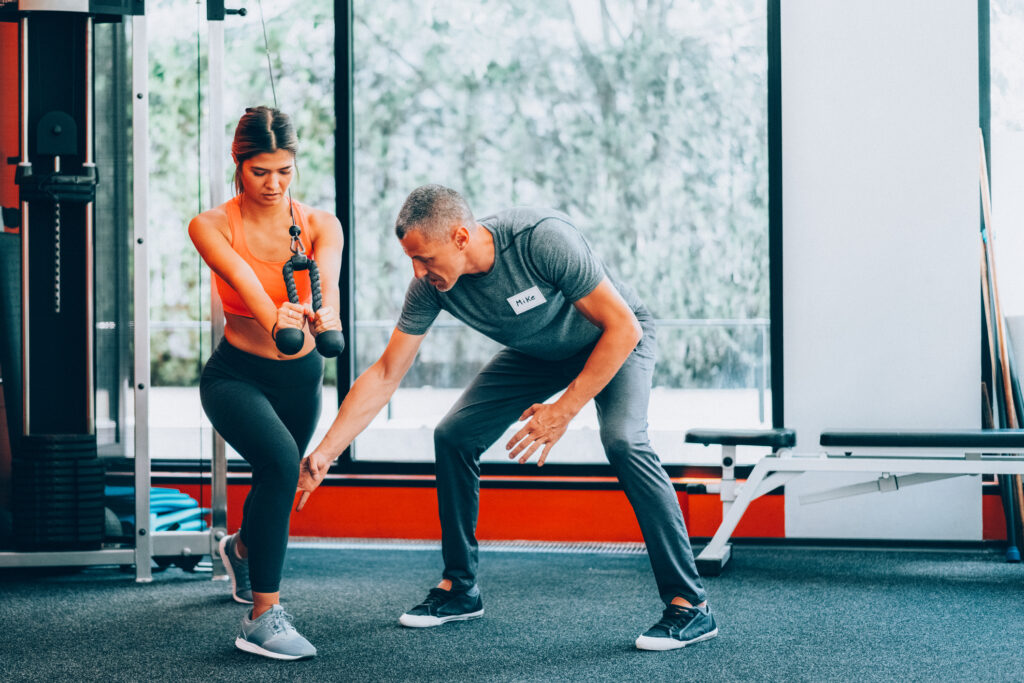
During their undergraduate academic careers, students majoring in exercise science-related fields contemplate various career paths and often seek guidance regarding the necessary steps to begin their career upon graduation. It is common to encounter soon-to-be graduates who want to work in the fitness industry but are confused about the wide breadth of certifications currently available. […]
#EatingHealthy: Can Nutrition Apps Do the Job?

We’ve all seen the increase in the number of available apps to monitor lifestyle behaviors such as physical activity, sleep and stress. There is also clear interest in apps that monitor diet and nutrition. So, how do you know if a nutrition app will be helpful? In the last few years, millions of users have downloaded and […]
Physical Activity Engagement for Clients with Intellectual and Developmental Disabilities
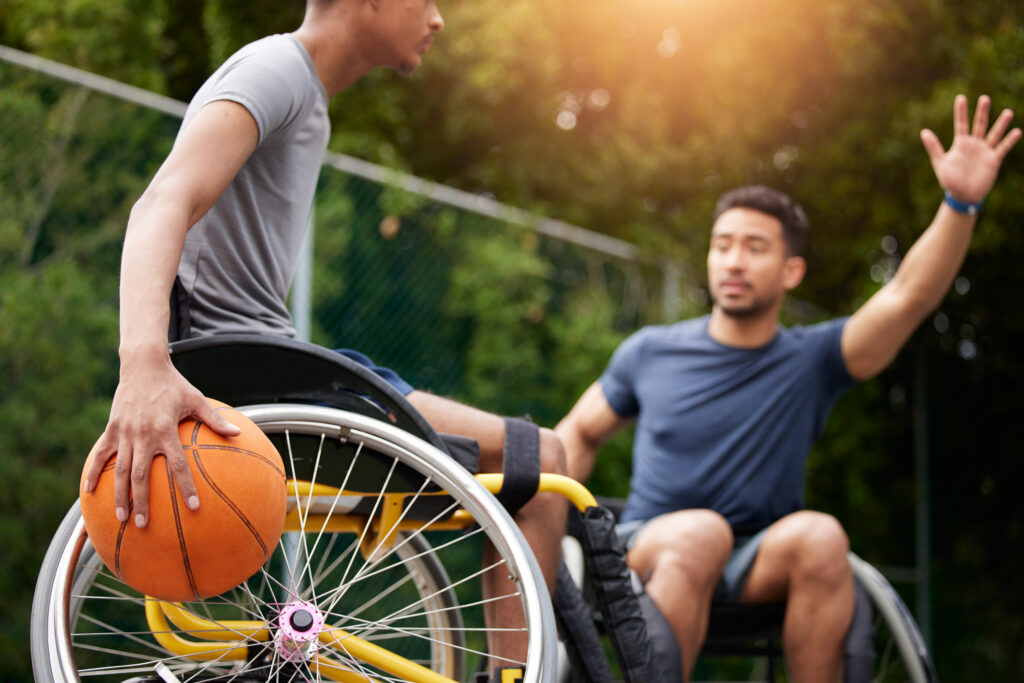
As a fitness professional, working with a client with intellectual and developmental disabilities (IDD) can present a uniquely difficult, though rewarding, experience. People with IDD face unique barriers to engaging in and adopting regular fitness regimens, including individual physical and cognitive limitations, time constraints and transportation restrictions, and access to facilities and appropriate programming.1 Therefore, tailoring […]
Does Menopause Make Women More Sympathetic to Exercise?
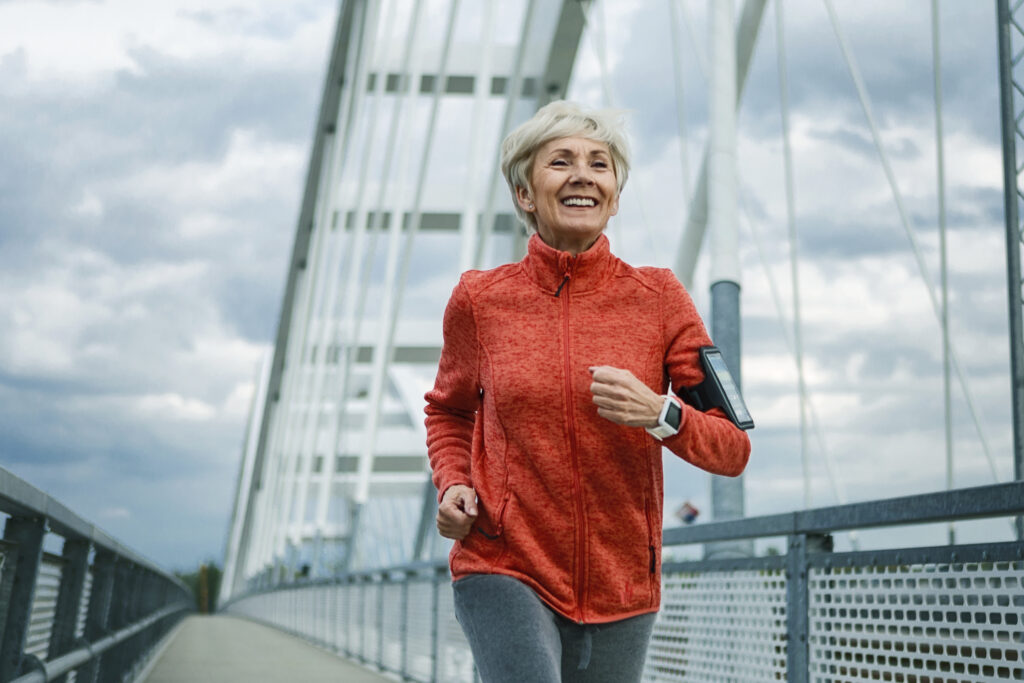
Cardiovascular disease remains the leading cause of death in women, and hypertension is a major contributing factor, particularly after menopause. The sympathetic nervous system — historically viewed as the “fight or flight” part of our autonomic nervous system — is involved in regulating blood pressure (BP) and can contribute to the development of hypertension. Previous […]
Case Model: Cardiac Rehabilitation CEP

My name is Vanessa Valle, and I’m an exercise physiologist at the Cardiac Rehabilitation and Wellness Center at the University of California, San Francisco (UCSF). Our program opened in October 2019 and, just as we were gaining some kind of semblance of momentum, we shut down due to the COVID-19 pandemic. Every policy and procedure […]
Glucosamine Beyond Joint Health: Effects on Physical Performance
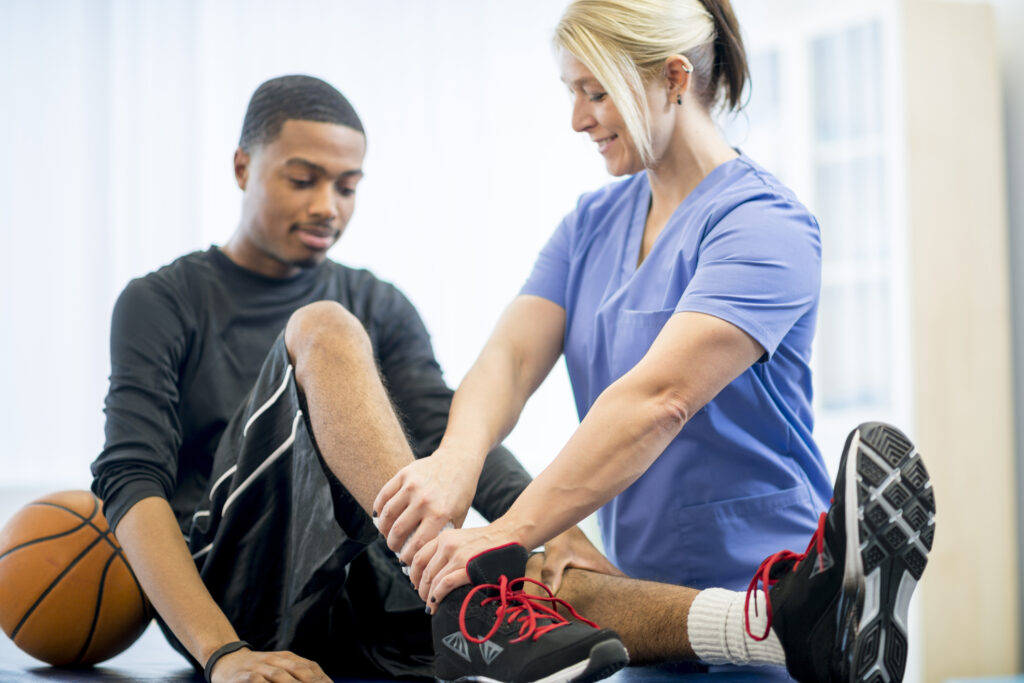
D-Glucosamine is an amino sugar synthesized from glucose and glutamine. It is found in cartilage, tendons and ligaments in our body. It is a component of glycoproteins, proteoglycans and glycosaminoglycans, which are the building blocks of cartilage. In human beings, glucosamine is synthesized endogenously from glucose but also may be obtained from exogenous dietary supplements. […]
Exercise and Energy Drinks: What Does the Research Say?
Should your clients use energy drinks to improve their exercise performance? The short answer is no. But it’s important to understand why. Energy drinks, or “EDs,” are fundamentally different from sports drinks (e.g., Gatorade) and traditional beverages like coffee, tea, soft drinks, juices and flavored water. Most contain three major components: high levels of caffeine, […]
How Coaching Works for the Exercise Professional

Wellcoaches created the animated movie How Coaching Works to explain health and well-being coaching when the field was in its infancy. Now with almost 2 million views, the video remains a useful illustration of the best qualities of a helping relationship. Let’s take a look at the psychological underpinnings of the cartoon, which will provide insight into useful […]
